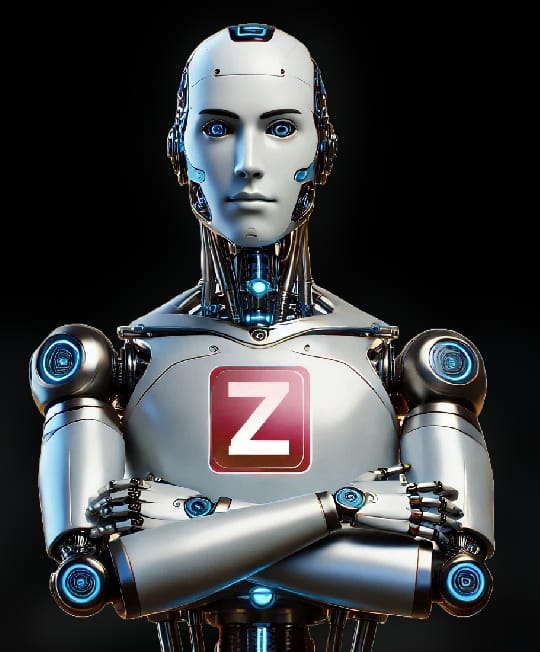Understanding AI in Digital Marketing Analytics
Artificial intelligence, or AI, is changing how marketers look at data. It is not just about collecting numbers; it is about making sense of them in a way that helps businesses grow. For digital marketing, AI means we can look at a lot of information very quickly and find patterns that humans might miss. This helps marketers make better choices about where to put their efforts and money.
Think about all the data a website collects: who visits, what they click on, how long they stay. Before AI, going through all this would take a long time and a lot of people. Now, AI tools can do this work much faster. This speed means marketers can react to what is happening right now, instead of waiting days or weeks to understand trends.
How AI Helps with Data
One big way AI helps is by finding connections in data. For example, it can see that people who visit certain pages on a website also tend to buy specific products. This kind of insight helps marketers create more targeted ads or improve website layouts. It is like having a very smart assistant who can look at millions of pieces of information and tell you what is most important.
AI also helps with predicting what might happen next. Based on past behavior, AI can guess which customers are likely to buy something soon or which marketing campaigns will work best. This is very useful for planning because it helps marketers put their resources where they will have the biggest impact.
AI and Customer Behavior
Understanding customers is central to marketing. AI tools can help marketers get a much clearer of who their customers are and what they want. By looking at browsing history, purchase records, and even how people interact with social media, AI can build detailed profiles of customer groups.
Personalizing the Customer Experience
With AI, marketers can offer a more personal experience to each customer. If AI sees that a customer often looks at running shoes, it can make sure that customer sees ads for new running shoes or related items like athletic socks. This kind of personalization makes marketing feel more relevant to the customer and less like general advertising.
This also extends to customer service. Some AI tools can answer common customer questions, freeing up human staff to deal with more complex issues. This can make customers happier because they get answers quickly, and it can save businesses money.
AI for Content and Campaigns
AI is not just for numbers; it is also starting to help with creative parts of marketing, like making content and planning campaigns. While AI cannot replace human creativity, it can assist in many ways.
Improving Content Creation
AI can help marketers figure out what kind of content their audience wants to see. By analyzing what content performs well, AI can suggest topics, keywords, and even writing styles that are likely to get more engagement. This does not mean AI writes the entire article, but it can give a very good starting point and guidance.
For example, if a blog post about “healthy breakfast ideas” gets a lot of shares and comments, AI might suggest creating more content around healthy eating or similar food topics. This takes some of the guesswork out of content planning.
Optimizing Marketing Campaigns
When it comes to running marketing campaigns, AI can help with many steps. It can help decide the best time to send an email, which audience segments to target with an ad, or how much to bid on an ad placement. These decisions used to be made based on human experience and some trial and error. Now, AI can use data to make these choices more precise.
This means marketing budgets can be spent more wisely. If AI predicts that an ad will perform better on a certain platform at a specific time of day, marketers can adjust their campaigns to match that. This reduces wasted ad spend and increases the chances of a campaign being successful.
The Future of AI in Marketing
AI in digital marketing is still growing and getting smarter. As more data becomes available and AI technology improves, its role will likely become even more important.
What to Expect Next
We can expect AI to become even better at understanding complex customer s, where a customer might interact with a brand across many different channels before making a purchase. AI will likely help marketers connect these interactions to get a full view of the customer experience.
Also, AI could play a bigger role in creating even more personalized experiences, perhaps even generating unique content or offers for individual customers in realtime. The goal is to make marketing so relevant that it feels like the brand truly understands what each person needs.
For marketers, this means learning how to work with AI tools will be a key skill. It is not about AI taking over, but about AI helping marketers do their jobs better, faster, and with more impact.
